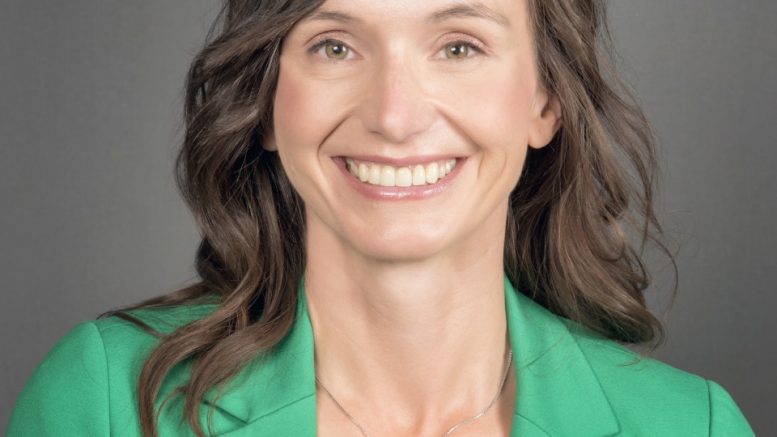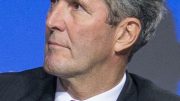The Manitoba New Democratic Party (NDP) took office last Wednesday and appointed a team of new cabinet ministers, including rookie MLA for Southdale, the province’s newest advanced education and training minister, Renée Cable.
The new minister said that access to post-secondary education “changed the trajectory” of her life.
“I’m thrilled to be part of the team that’s going to open those doors for other people and to ideally make it as easy as possible to move towards those goals,” she said.
As advanced education and training minister, Cable will be responsible for implementing government policy related to post-secondary education, student support and skill training.
Some of the NDP’s campaign promises included supporting post-secondary students and institutions through repealing Bill 33 — a law which gives the minister of advanced education the power to set guidelines for university fees and tuition — providing more grants and loans to student aid recipients and reinstating international students’ health care.
Cable said she is “looking forward to really sinking [her] teeth into the job,” and that one of her department’s first priorities is “to repair some broken relationships.”
“The last seven years have brought quite a bit of strain to the public service and to other sectors that rely on a solid relationship with government,” she said.
“Our first priority is really resetting that relationship, and ideally creating an open door and collaborative working relationship between folks.”
The previous Progressive Conservative (PC) government was often at odds with the post-secondary sector, with student groups, faculty associations and university presidents criticizing the government’s approach.
“I can say that there were a number of moments that didn’t exemplify the most collegial working relationship,” Cable said.
The University of Manitoba Faculty Association (UMFA) went on strike twice during the PC majority government between 2016 and 2023.
The union took the government to court, alleging that the province secretly interfered in negotiations in 2016 by demanding that the university offer no wage increase. In 2022, the government was ordered to pay the union $19.3 million.
Allison McCulloch, president of the Manitoba Organization of Faculty Associations (MOFA) and professor of political science at Brandon University, said working with the PC government “wasn’t always necessarily an easy relationship.”
“I don’t think that there was much in the way of consultation with associations like MOFA during the period of the last government,” she said.
She said the last seven years were “difficult times for the post-secondary education sector as a whole,” citing funding cuts, the two strikes and the government’s push for a performance-based funding model for Manitoban universities.
Performance-based funding would have tied funding for universities to metrics such as student graduation rates and graduate employability rather than lump-sum grants. The PCs signalled their support for such a model, although they dropped these plans after opposition from post-secondary stakeholders.
The University of Winnipeg Faculty Association (UWFA) left one virtual consultation in 2022 because its members felt the government was unwilling to hear opposition to its plans to implement performance-based funding. Peter Miller, a University of Winnipeg professor and president of UWFA said the province only held the meeting in order to claim they had offered consultation. MOFA did not receive an invitation to the meeting.
McCulloch said she was pleased that the government backed away from performance-based funding and that she expects “that the new government would not move forward” with any similar plans.
She said MOFA hopes to see the new government provide stable multi-year funding for post-secondary institutions, increases in bursaries, increases to Research Manitoba funding and “a re-commitment to university autonomy.”
UMSU president Tracy Karuhogo said the change she is looking forward to most is the reinstatement of health care for international students, as she is an international student herself, along with nearly 23 per cent of those who study at U of M.
“There’s so many students who would benefit from putting back international students onto the health coverage,” she said.
The PC government revoked international students’ free access to Manitoba’s health care system in 2018.
Cable said that reinstating international students’ health care is “at the top” of her list of priorities and she wants to “encourage as many people as possible to pursue their education here.”
Karuhogo also highlighted the NDP’s promise to increase grants and student aid.
“In our positions as the UMSU executives, we get to meet so many students on the ground, in meetings, even those who reach out in our office hours, and they’re really talking about the effects of inflation on their budgets,” she said.
Karuhogo noted that while she appreciated the opportunities UMSU received to consult with the previous government, some of the student union’s attempts to reach out for consultation “were left unanswered.” She said the union had numerous meetings with NDP representatives while they were in opposition and that she is looking forward to working with Cable.





